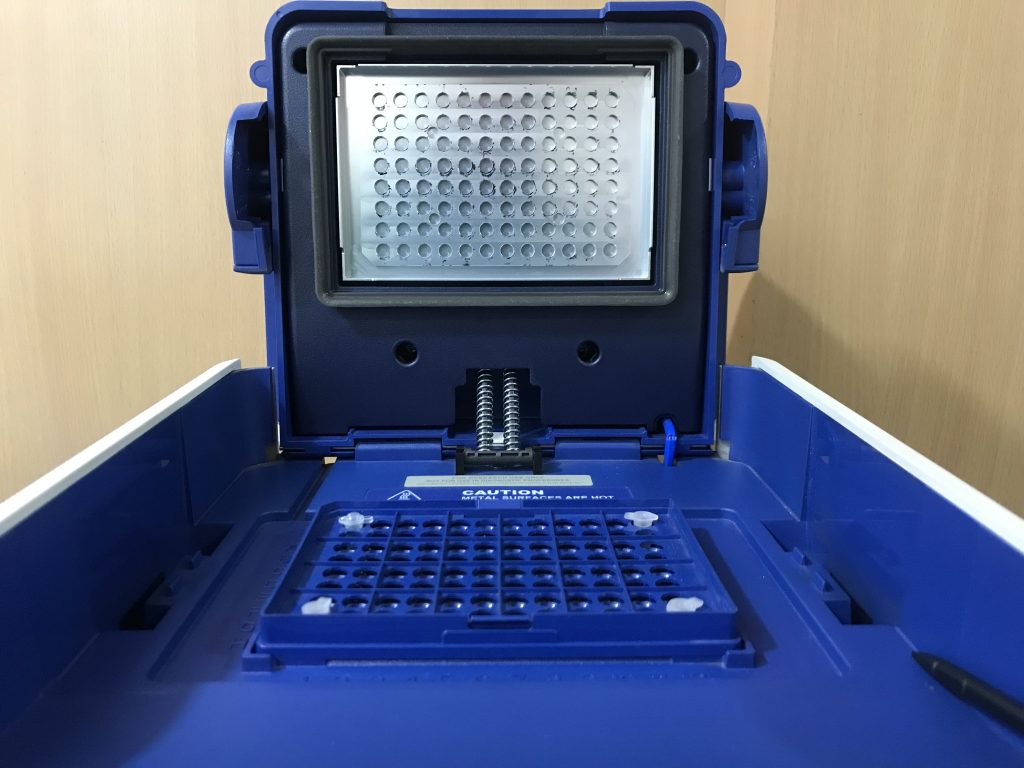PCR stands for Polymerase Chain Reaction, a technique used in molecular biology to amplify nucleic acid sequences. It is a simple and powerful method that allows the creation of multiple copies of a specific DNA sequence, making it possible to detect and study genes, genetic mutations, and infectious agents, such as viruses. It is also used in forensics to analyse DNA evidence and in evolutionary biology to study genetic relationships between species.
Since its introduction in 1984, it has made significant contributions to the field of biological sciences. However, it has lately gained public attention as a result of the COVID-19 pandemic. As it can detect nucleic acids in the SARS-CoV-2 virus.
PCR tests involve high-temperature cycles, which can take several hours to complete. This means that results cannot be immediately delivered, but rather take several hours to obtain. However, efforts were being made to improve the speed of PCR tests. One approach is the development of rapid PCR tests, which can produce results within a shorter timeframe than standard PCR tests.
In this regard, the Centre for Augmented Safety System with Intelligence Sensing at the Korea Institute of Science and Technology (KIST) has developed an ultrafast PCR technology under the direction of Dr. Sang Kyung Kim and research team of Seungwon Jung. The ultrafast PCR reduces the test time 10 times faster than conventional testing by employing photothermal nanomaterials. The new procedure takes five minutes to complete and has a diagnostic performance that is on par with the test method now in use.
When exposed to light, photothermal nanomaterials instantly produce heat, but because of their poor stability, it is challenging to maintain performance. The KIST research team has created a polymer composite that can hold and stabilize photothermal nanoparticles physically. The team has successfully created a portable PCR system without a heat plate by incorporating the stable polymer into a PCR system. They also used a multiplex diagnostic method that could distinguish several SARS-CoV-2 variant types in a single reaction.
In order to create a portable device, the team is planning to miniaturize the developed ultrafast PCR technique this year. It will improve usability, field applicability, and promptness while preserving its efficacy as an accurate diagnostic technique. As a result, the team anticipate that it will eventually develop into a precision diagnostic tool. It will also be more applicable because PCR technology is a universal molecular diagnostic tool that may be used to diagnose a wide range of illnesses other than infectious disorders.
It will be a significant development in the field of molecular diagnostics when ultra-fast PCR technology is developed. With the invention of this PCR, it is now feasible to get PCR results in less time, making it a useful tool for quick and precise diagnosis of infectious disorders. Overall, the speed and accuracy of molecular diagnostics could be greatly increased by the use of ultrafast PCR technology. The outcomes for patients and the public health will likely be improved by this technology.

